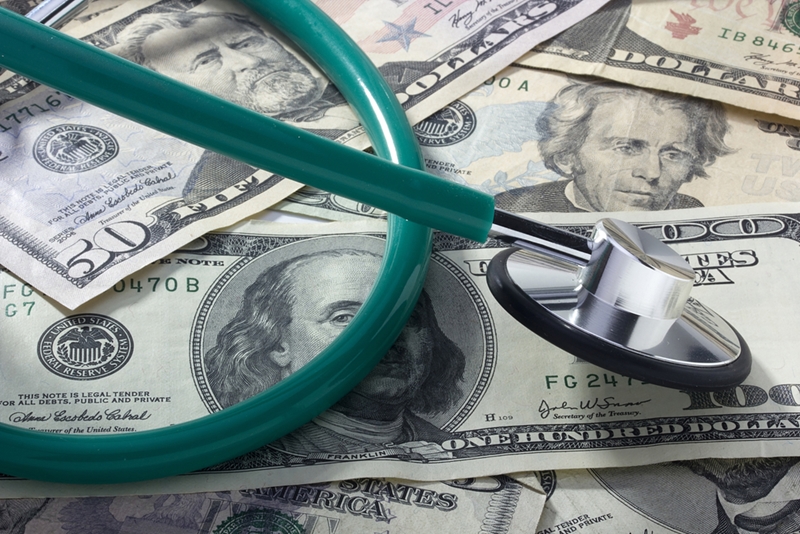One of the great aspects to credit is you get rewarded for your smart financial behaviors.
4 credit mistakes to avoid
One of the great aspects to credit is you get rewarded for your smart financial behaviors. At the same time, though, the opposite also holds true: You can get docked for choices that, in hindsight, you probably shouldn’t have made.
We all make mistakes, but when it comes to credit, some poor decisions are more impactful than others. Here are a few of the things you should do your best not to do to avoid leaving a bad impression on your credit report and on your creditors:
Missing a payment
We all have expenses, virtually every one of which has due dates. Should you fail to pay by the prescribed cut-off time, you can all but guarantee your credit score will feel the aftereffects – even if you’ve never been late with a payment before. According to finance expert Nick Clements, co-founder of financial education website Magnify Money and a USA Today contributor, being delinquent on a payment by a month or more can send your credit score reeling by as many as 90 points, if not higher. To avoid ever having to worry about a missed payment, determine if an automatic payment feature is available.

One of the biggest myths out there is unpaid medical bills don’t affect your credit score.
Unaddressed medical bills
Visits to the doctor aren’t exactly a drop in the bucket, as seemingly basic tests can cost hundreds, if not thousands of dollars. Health insurance typically pays for these services, but not all, thus requiring you to pay the difference out of pocket. If you’ve recent been to the doctor and tests were ordered, keep an eye out for any medical bills that come through the mail. Medical offices typically send unpaid bills to collections agencies. Not only can you expect a call from one, but your credit score can dip by 70 to 100 points, regardless of how much is owed.
Co-signing for someone you don’t know well
For people with little or no credit, co-signing is often required, whereupon the co-signer agrees to provide for an expense if the primary borrower is unable. Co-signing isn’t a problem when the borrower is vigilant about paying on time, but it can backfire if overdue. Not only is the borrower’s credit adversely affected but yours may be as well. Thus, if you’re asked to co-sign, make sure you do so with discretion, confining it to people who are close to you, like family members or lifelong friends.
Nearing your credit utilization maximum
The better you are about paying your bills, the more leniency you’re given by creditors. In other words, if you’ve had a strong credit score for a long time, you’ll be able to borrow more than you would if your credit profile was just underway. Just because you have a higher ratio, however, doesn’t mean you should max it out. For instance, in the event you’re overdue on a payment and are using 90 percent of your available credit, the damage will be more impactful than it would if your utilization ratio was lower. To determine what your ratio is, contact your lender or, simply divide your credit card balance by the maximum amount you’re able to spend.
Obviously it’s always a good idea to keep your credit card accounts in good standing. If you don’t have a credit card and you’re looking for access to credit for any reason, request a short term loan through Reliable Short Term Loans and see what we can do for you!

